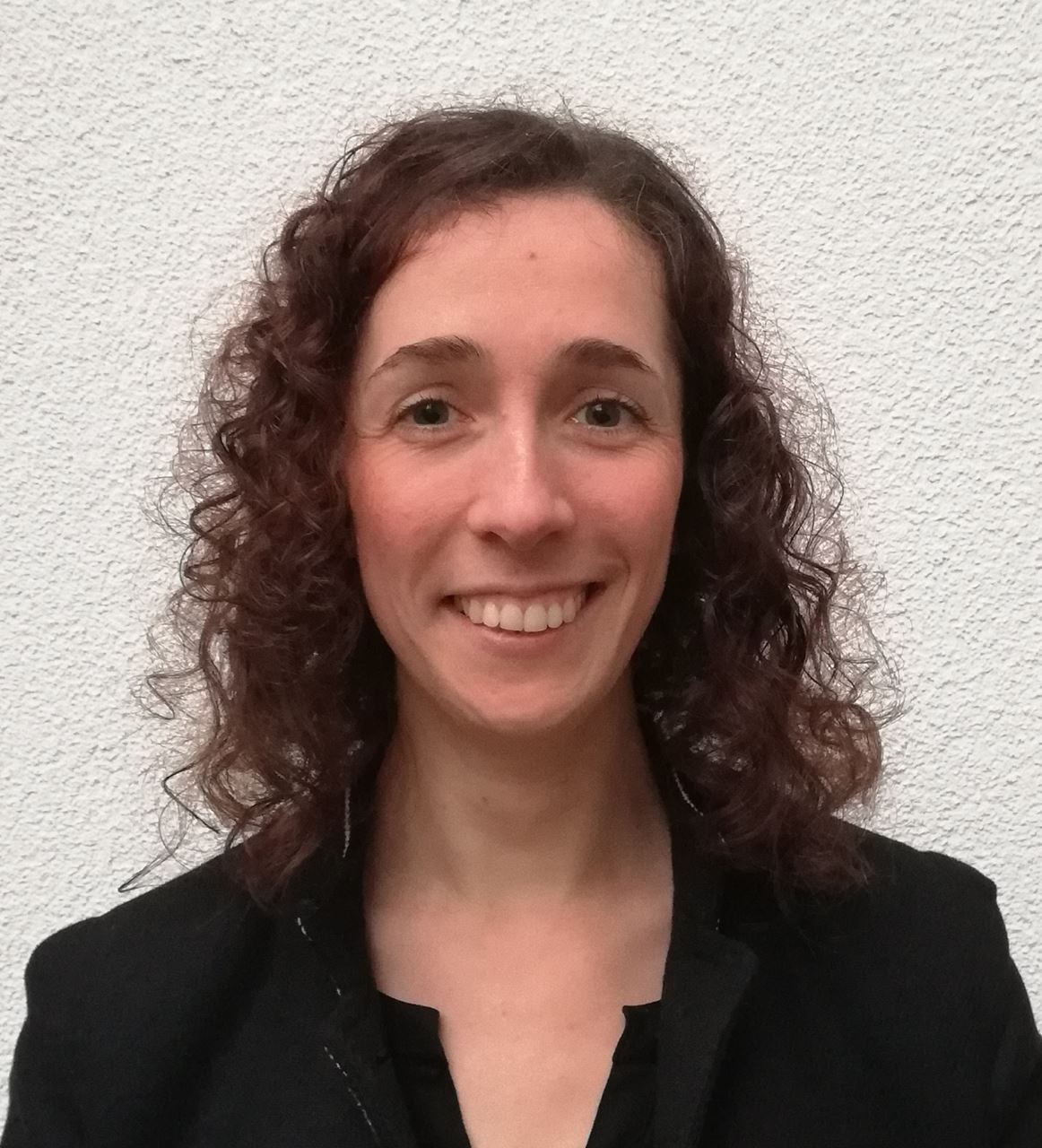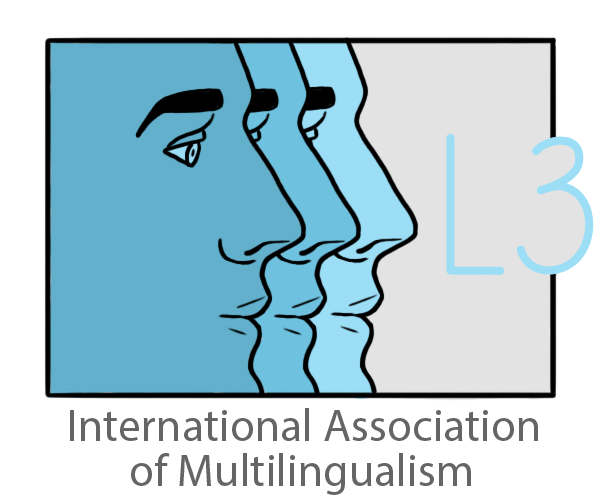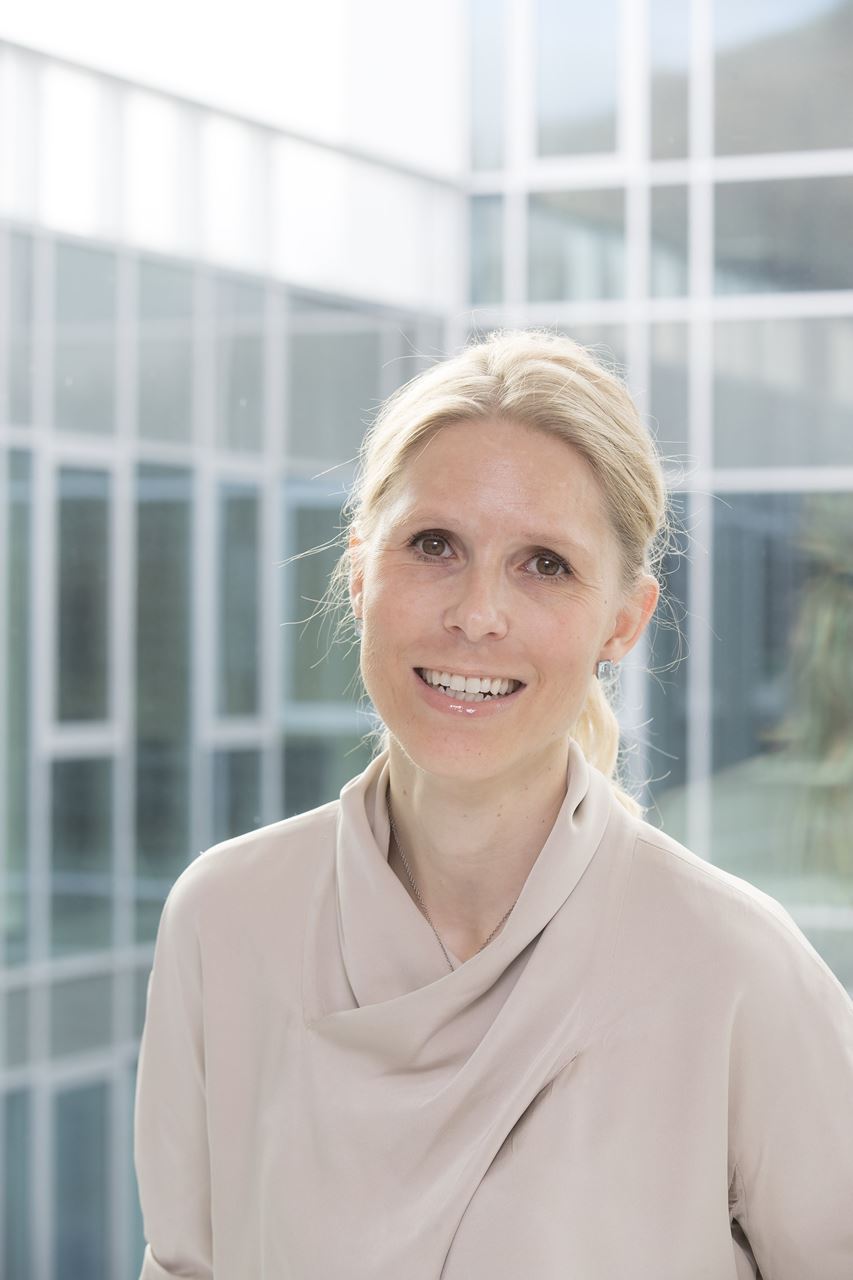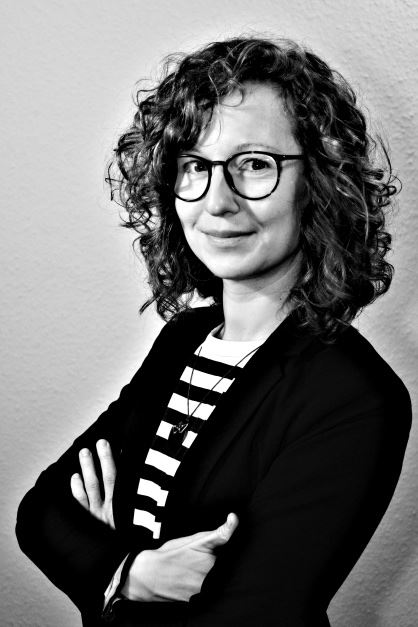EXECUTIVE COMMITTEE 2024-2026 |
| PRESIDENT E-mail: g.j.poarch [ at ] rug.nl
GREG POARCH is
Associate Professor at the Department of English Language and Culture
of the University of Groningen. He studied in Darmstadt and has held
various positions as researcher and lecturer in Frankfurt, Toronto,
Tübingen, and Münster. His research interests cover psycholinguistic,
cognitive, and social aspects of multilingualism (cross-linguistic
interaction and cognitive control in multilinguals, the multilingual
mental lexicon, and the implications of societal multilingualism for
language education). His son Loïc grew up with three languages (Dutch,
English, & German). |
PAST PRESIDENT E-mail: simone.pfenninger [ at ] es.uzh.ch SIMONE E. PFENNINGER is Professor of English Linguistics at the University of Zurich. Her principal research areas are multilingualism, psycholinguistics and variationist SLA, especially in regard to quantitative approaches and statistical methods and techniques for language application in education. Recent books include Intra-individual Variation in Language (2021, co-edited, De Gruyter), The Changing English Language: Psycholinguistic Perspectives (2017, co-edited, CUP), and Beyond Age Effects in Instructional L2 Learning: Revisiting the Age Factor (2021, co-edited, Multilingual Matters). She is co-editor of the Second Language Acquisition book series for Multilingual Matters and Vice President of the European Second Language Association (EuroSLA). |
|
VICE-PRESIDENT
ROMANA KOPECKOVA is a research associate and senior lecturer at the University of Münster, Germany. Her main research areas include age-related differences in second and third language acquisition, phonetics and phonology, and pluralistic teaching approaches. She has recently co-authored Phonetics and Phonology in Multilingual Language Development (2023, Elements in Phonetics, CUP). |
 | SECRETARY PERNELLE LORETTE is a postdoctoral researcher and lecturer at the Department of Psycholinguistcs of the University of Mannheim, Germany. Her researhc combines approaches from applied linguistics and psycholinguistics to investigate second language processing, cross-linguistic emotion communication, and the relation between language and cognition more broadly. She has recently co-edited the Special Issue "Methodological implications of participant and researcher multilingualism: Making language dynamics visible" (2023, Journal of Multilingual and Multicultural Development). |
| TREASURER E-mail: nighting [ at ] uji.es RICHARD NIGHTINGALE is Associate Professor in the Department of English Studies at Universitat Jaume I, where he teaches sociolinguistics at undergraduate and postgraduate levels. He is also co-director of the English Language Teaching and Acquisition in Multilingual Contexts (MELACOM) MA programme. Richard has published research on topics relating to sociolinguistics, multilingualism, pragmatics, and affective/contextual factors, and has presented his work at numerous international conferences. |

MEMBER AT LARGE - CO-OPTED MEMBER (2024 IAM Conference)
E-mail: f.gastmann [at] lmu.de
FREYA GASTMANN is currently pursuing a joint PhD degree at the Department of German Linguistics at LMU Munich and the Department of English Language and Culture at the University of Groningen. She obtained an M.A. in Applied Linguistics and an M.Ed. for German and English at the University of Münster. Her research areas span psycholinguistics, cognitive effects of multilingualism, and cross-linguistic influences in multilingual language processing in both children and adults.
| MEMBER AT LARGE - CO-OPTED MEMBER (2026 IAM Conference) E-mail: magdala [ at ] amu.edu.pl MAGDALENA WREMBEL is professor of English linguistics at the Faculty of English, Adam Mickiewicz University in Poznań. Her main research areas involve bilingualism and multilingualism, third language acquisition, phonetics and phonology, and language awareness. She has published extensively in edited collections and journals and co-organised a number of international conferences. She has been actively involved in several international projects (as PI), with funding from Polish, Norwegian and German research agencies. She has served at scientific committees and was the president of Societas Linguistica Europaea. She is currently the head of Bilingualism Matters@Poznań. |
| MEMBER AT LARGE E-mail: anna.m.krulatz [ at ] ntnu.no |
| MEMBER AT LARGE E-mail: Eliane.Lorenz [ at ] anglistik.uni-giessen.de ELIANE LORENZ is a senior researcher and lecturer at Justus Liebig University Giessen, Germany. In addition, she is an affiliated researcher at NTNU, Norway, as part of the project The Acquisition of English in the Multilingual Classroom. She completed her PhD in English Linguistics at the University of Hamburg in 2019. Her research interests include second and third language acquisition, crosslinguistic influence, heritage bilingualism, learner corpus research, and contrastive linguistics. She is author of the monograph Crosslinguistic influence in L3 acquisition: Bilingual heritages speakers in Germany (2022, Routledge) and co-edited the Special Issue Learning and teaching of English in the multilingual classroom: English teachers’ perspectives, practices, and purposes (2022, Languages). |








